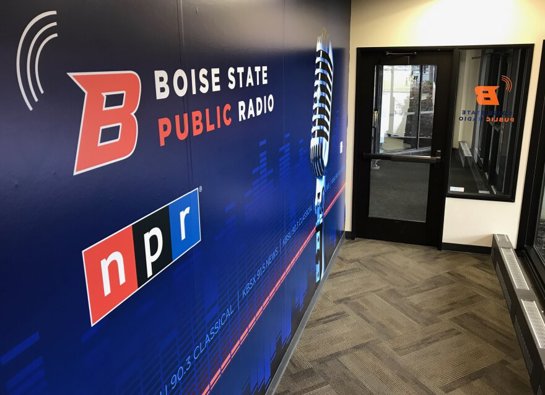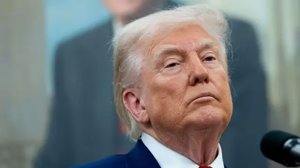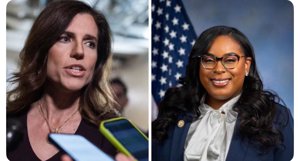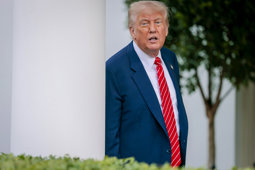
Boise Radio Faces Cuts if Trump NPR Ban Passes
Boise State Public Radio may lose 20% of its funding as Trump moves to end NPR-related federal support.
Public Radio in Rural Idaho Braces for Budget Fallout
Boise State Public Radio, a National Public Radio affiliate serving rural Idaho communities, is warning of severe impacts if the Trump administration’s move to eliminate federal funding for public media succeeds. President Donald Trump signed an executive order directing the Corporation for Public Broadcasting and other agencies to end financial support to NPR and affiliated outlets.
“To lose that funding would also likely mean loss of services locally,” said Tom Michael, the station’s general manager. Boise State Public Radio relies on federal dollars for 15–20% of its $4.8 million annual budget, including around $600,000 in grants. The funds support operations in remote areas like Salmon, Stanley, and Challis—towns with populations as low as a few hundred.
Michael emphasized the station’s mission under the 1967 Broadcasting Act: to serve all Americans regardless of location. “A commercial broadcast probably wouldn’t find a return on investment in some of those places,” he said. “But we do it because it’s our duty.”
Emergency Broadcasts and Public Service at Risk
Boise State Public Radio plays a key role in Idaho’s emergency alert system, delivering life-saving information during events like wildfires. During the 2022 Four Corners Fire, radio host Troy Oppie delivered evacuation orders to hundreds of residents. “Radio, which is an old technology, is still very relevant,” Michael said. “There is no paywall. They can access it free.”
Michael noted that Boise State Public Radio cannot recoup the potential loss through traditional revenue methods. “We have a non-profit mission,” he said. “We’re on the non-commercial band… we can’t do political ads or commercial messaging.”
He acknowledged that local donors are supportive but said Idaho’s small population makes large-scale fundraising difficult. “I don’t necessarily believe in our low-population state that we’d have 600 new major donors suddenly appear,” he said, defining a major donor as someone contributing $1,000 or more.
The station employs about 30 people, half of whom are content producers. Though it is funded through the current fiscal year ending in September, Michael said the mood is anxious among staff. “It’s full steam ahead, but our people are concerned,” he said.
Michael also pointed to declining newspaper coverage in Idaho, where public radio increasingly fills the local journalism gap. “We help reflect the issues of the community. We lean into that here,” he said.
The Trump administration’s order comes as NPR faces criticism over perceived liberal bias and editorial decisions. Despite the controversy, Michael argues that public media’s role remains essential. “I don’t agree with everything I hear on the radio,” he said. “But I appreciate the public radio service because it’s pluralistic—it covers a lot of issues.”
As of now, the White House has not commented further on the executive order. NPR has pledged to challenge the defunding effort through all available means, while stations like Boise State Public Radio prepare for what could be a defining test of their mission and survival.






